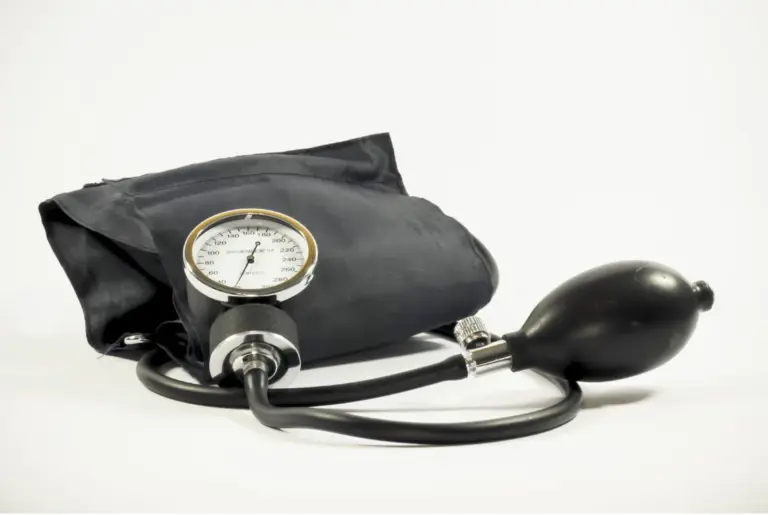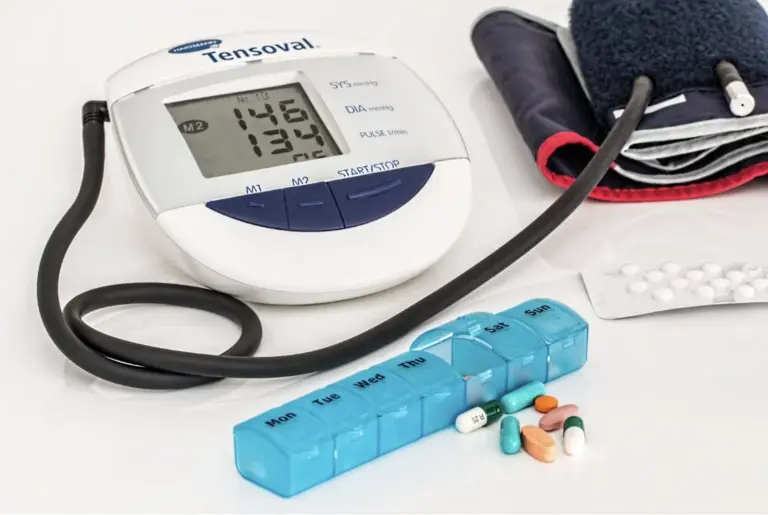According to research, 75% of Indian adults have uncontrolled blood pressure, which is still rising. As a result, it leads to a stressful and sedentary lifestyle and poor dietary habits. People often overlook their lifestyle only to realise the repercussions later in life.
Hypertension is a silent killer that shows no signs or symptoms and deteriorates your health slowly. That is why many people are unaware that they have hypertension. Most people also don’t know that this lifestyle condition affects not only physically but also mentally. The psychological side effects of hypertension are least discussed, making it even more dangerous.
This blog will discuss how hypertension is connected to neuroticism disorder. We will also shed some light on the causes of neuroticism, its symptoms, and how it affects our health.
How do high blood pressure levels affect our health?
High blood pressure is a dangerous risk factor for several diseases. It can cause heart attacks, strokes, and kidney failure. High blood pressure also increases the risk of dementia, as it increases the risk of brain haemorrhage, which leads to memory loss and confusion.
Besides cardiovascular risks and renal dysfunction, hypertension is also associated with Neuroticism.
Let’s understand the relationship between the two.
What does neurotic behaviour have to do with hypertension?
Neuroticism is a personality trait referring to the tendency to experience negative emotions strongly and persistently. Neurotic personality traits include feeling more anxious and depressed, irritable, tense and moody than others. Neurotic individuals are also more likely to experience physical symptoms such as headaches, muscle tension and stomach aches.
The association between neuroticism and high blood pressure has been known for some time. One study showed that individuals who score high on tests measuring neuroticism have a higher risk of having high blood pressure than those who score low on such tests. People with high degrees of neuroticism may be more susceptible to stress since neuroticism and hypertension go hand in hand. This is because they are prone to negative thoughts, which can cause them to feel anxious and fearful about their situation. This situation leads to experiencing symptoms of stress, such as increased heart rate and sweating.
How high can blood pressure affect mental health?
Here are three ways high blood pressure can lead to neurotic behaviour:
Non-compliance
People with high blood pressure often don’t realise there’s a problem until they experience symptoms like dizziness or headaches. These symptoms can make it challenging to follow doctors’ orders to lower their blood pressure. Over time, this can lead to more severe problems such as strokes and heart attacks.
Inflammation
High blood pressure also causes inflammation, which increases stress hormones like cortisol and adrenaline. This increased stress hormone production can cause anxiety and panic attacks in some people, which may make it even more difficult for them to follow their doctor’s orders regarding their medications and diet changes.
Elevated Stress
High blood pressure raises the level of stress hormones in the body, which can cause feelings of anxiety or panic attacks in some people who have this condition.
The brain is especially susceptible to damage from high blood pressure because it cannot repair or replace damaged neurons. This increases the importance of controlling high blood pressure and other risk factors such as smoking, diabetes, and obesity.
How to manage high blood pressure?
There are several ways you can reduce your risk of developing high blood pressure by managing your stress levels and learning how to manage your emotions:
- Learn relaxation techniques
Relaxation techniques such as deep breathing, meditation, yoga or Tai chi can help reduce stress and improve mental well-being. These techniques can enhance sleep quality and reduce fatigue in people who already have high blood pressure or are at risk of developing it.
- Get regular exercise
Regular physical activity can help boost your mood and keep you physically healthy by reducing stress, increasing energy, and improving sleep quality. It’s best to indulge in physical activities such as brisk walking rather than just once or twice a week at high intensity. This exercise is better for lowering blood pressure than moderate-intensity exercise alone.
- Eat healthily
Healthy eating helps you manage weight, an essential factor in controlling high blood pressure. A low-sodium diet is recommended, as well as less alcohol, red meat and full-fat dairy products. You should also eat plenty of fruits, vegetables, whole grains, and low-fat foods.
- Quit smoking
Smoking increases your risk of developing high blood pressure, so quitting smoking is one of the best things you can do to help control it. If you’re having trouble kicking the habit, talk to your doctor about strategies that might work for you.
Little tweaks in life can go a long way. If you are easily stressed or experience anxiety, it is better to involve yourself in stress management activities and live a healthy lifestyle.
The way forward!
You should take care of your lifestyle, eating habits, and stress levels to prevent hypertension or neuroticism symptoms. Doing so will help keep the causes of hypertension at bay and eventually reduce the risk of developing it later in life. If you have a family history of hypertension, you should take pre-emptive measures to mitigate its implications and manage hypertension effectively. Talk to your doctor to know the right action to manage hypertension effectively. To learn more about hypertension or to connect with experts, visit BP in Control.
Disclaimer
The information contained in this article is to educate, spread awareness in relation to hypertension and other diseases to the public at large. The contents of this article are created and developed by BPinControl.in through its authors, which has necessary, authorisations, license, approvals, permits etc to allow usage of this articles on The Website. The views and opinions expressed in this article are views, opinions of the respective authors and are independently endorsed by doctors. Although great care has been taken in compiling and checking the information in this article, The Website shall not be responsible, or in any way liable for any errors, omissions or inaccuracies in this article whether arising from negligence or otherwise, or for any consequences arising therefrom. The content of this article is not a substitute for any medical advice. The Website shall not be held responsible or liable for any consequence arising out of reliance on the information provided in the article.




